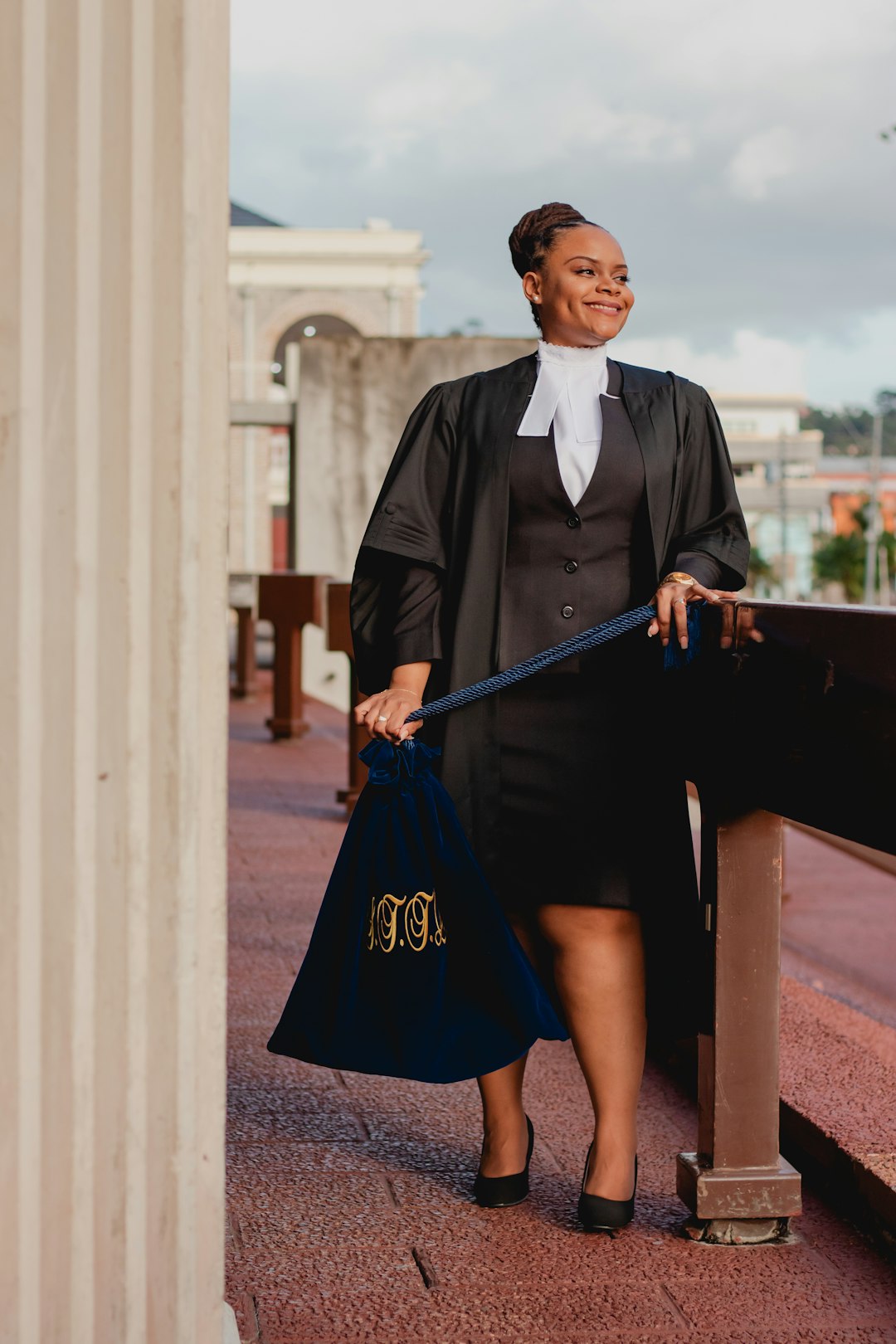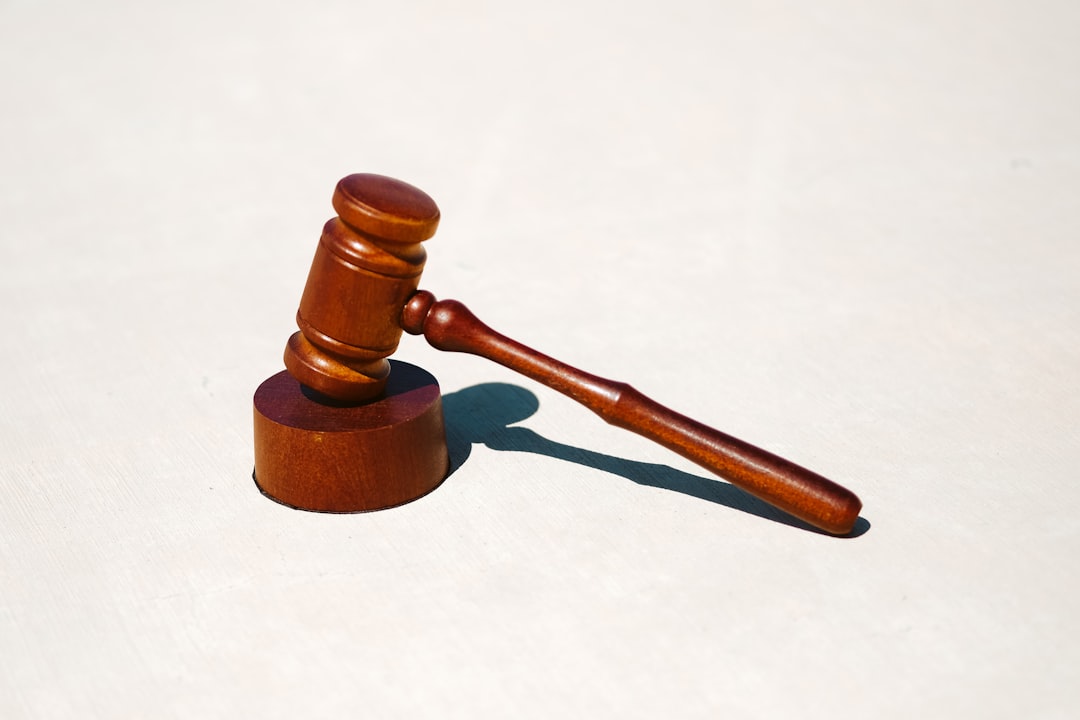Sexual assault lawyers in Miami FL navigate complex rules on prior sexual history, balancing evidence admissibility with privacy protections and bias prevention, especially in sensitive cases involving allegations of sexual assault. They must strategically handle context-specific disclosures while adhering to strict legal limits, ensuring a fair trial without exacerbating harm to victims.
In Miami, as across Florida, the admissibility of prior sexual history in trials is a complex issue, particularly in sexual assault cases. This article delves into the intricate dance between protecting victims and ensuring fair trials. We explore the rules governing the introduction of past relationships as evidence, focusing on how courts balance privacy concerns with the potential for relevant, probative information. Additionally, we offer insights from sexual assault lawyers in Miami, FL on navigating ethical boundaries during trials.
Understanding Sexual History Rules in Florida Courts

In Florida courts, rules regarding prior sexual history are governed by strict guidelines, particularly in cases involving allegations of sexual assault. A sexual assault lawyer in Miami FL knows that these rules aim to balance the need for relevant evidence with protecting individuals from unfair prejudice or invasion of privacy. The admissibility of such history is highly context-dependent and often subject to a thorough analysis by the judge.
For instance, if prior sexual conduct is relevant to consent or lack thereof in the current case, it might be admitted. However, Florida law strictly limits the types of sexual history that can be introduced. This includes ensuring that any such evidence is not overly prejudicial and directly related to the allegations at hand. A qualified sexual assault lawyer in Miami FL plays a crucial role in navigating these rules, ensuring fair representation for their clients while adhering to the legal framework governing prior sexual history disclosures in Florida courts.
When Past Relationships Become Trial Evidence

In Miami trials, prior sexual history is a complex and sensitive topic that can significantly impact cases, especially in sexual assault cases. When an individual faces accusations of sexual misconduct, their past relationships might become pertinent evidence. This information could be used to challenge or support the victim’s claims, raising important legal considerations. A sexual assault lawyer in Miami FL would need to carefully navigate this terrain, ensuring that any introduction of such evidence adheres to strict legal guidelines.
The admissibility of past relationships as trial evidence is governed by strict rules designed to protect both the rights of the accused and the integrity of the legal process. This includes balancing the potential relevance of historical sexual encounters with the risk of prejudice or confusion. A qualified lawyer understands that presenting a compelling case involves strategic use of evidence, ensuring that any reference to prior relationships serves a specific purpose in the trial’s narrative without unduly influencing the jury’s decision-making process.
Navigating Ethical Boundaries: Lawyer's Perspective on Sexual Assault Cases

In Miami, as in many jurisdictions, sexual assault cases present unique challenges for lawyers. Navigating ethical boundaries requires a delicate balance, especially when prior sexual history comes into play. Lawyers must be sensitive to the potential stigma and trauma associated with such disclosures while adhering to legal guidelines that govern admissibility. The goal is to ensure justice without exacerbating the harm suffered by victims of sexual assault.
From the lawyer’s perspective, it’s crucial to understand the nuances of Florida’s rules regarding character evidence in sexual assault trials. This includes assessing whether prior sexual history is relevant, reliable, and more probative than prejudicial. Lawyers must also be prepared to handle potential objections from both the prosecution and the defense, ensuring fair and impartial treatment for all parties involved. Effective representation in these cases demands a deep understanding of the law, empathy for victims, and a commitment to upholding ethical standards.






